Now, during the season of the shortest sunny days, vitamin D deficiency can be particularly high. Vitamin D is very important for immunity and nervous system function. Its deficiency can be made up for with the foods in this post (see the Zohranik Diary app for the whole ranking).
These are the foods that can make things easier – after all, it’s preferable to get your vitamins from food than from pills.
⠀
AN IMPORTANT NOTE!
There is also a risk of excess vitamin D, which can be dangerous, because vitamin D is fat-soluble, and its excess is not eliminated from the body quickly. The US Institute of Medicine does not recommend getting more than 100 µg of vitamin D per day. Excess leads to an abnormal increase in calcium in the blood, which may lead to kidney stones or vascular damage.
Cod liver
Vitamin D content in 100 g: 100 mg (1000% of the daily requirement)
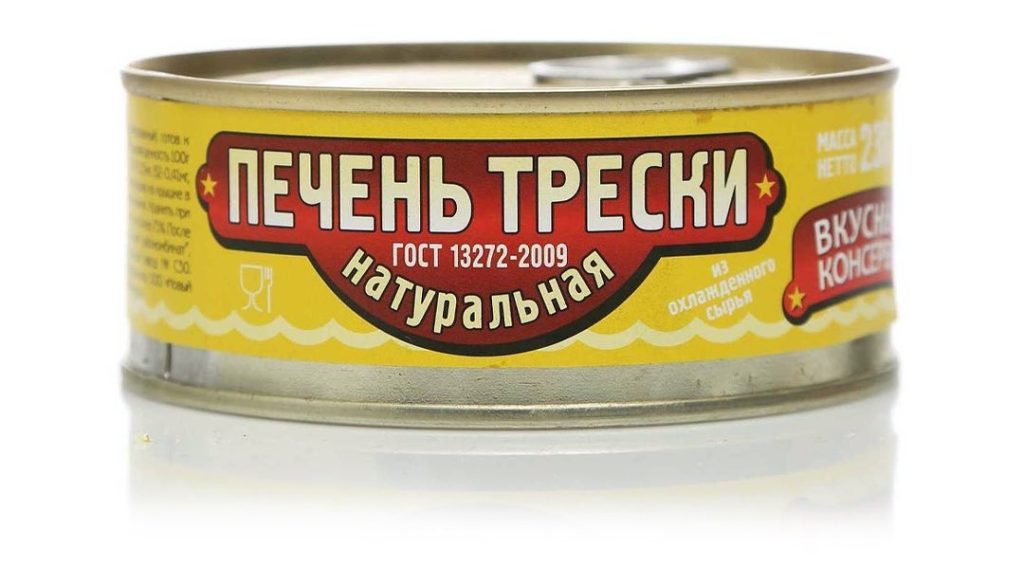
Cod liver – vitamin D content in 100 g: 100 mg (1000% of the daily requirement)
Ultraviolet-grown champignons
Vitamin D content per 100g: 31.9mg (319% of daily requirement)
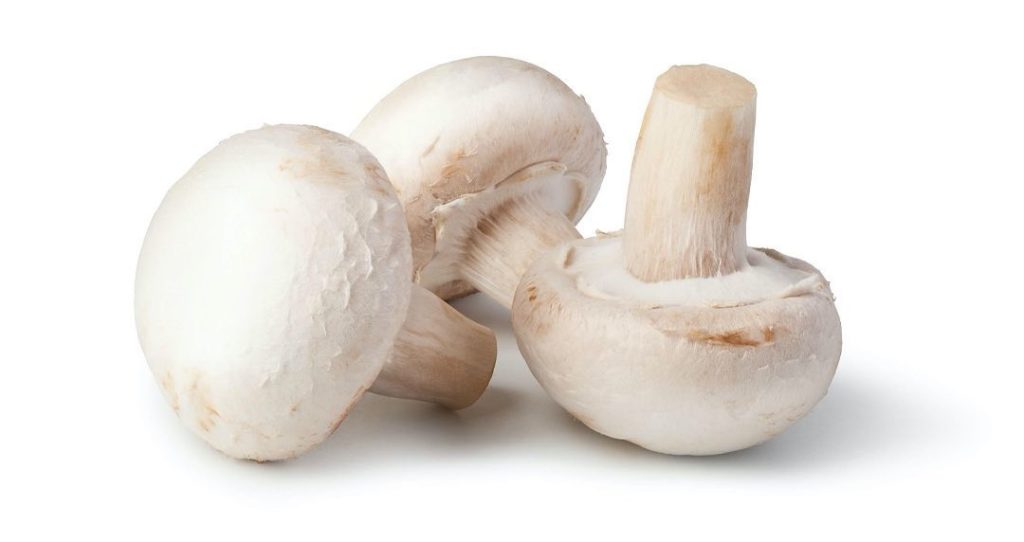
Champignons – vitamin D content per 100g: 31.9mg (319% of daily requirement)
Fatty Atlantic herring
Vitamin D content per 100 g: 30 mg (300% of daily requirement)
Atlantic fat herring – vitamin D content 100 g: 30 mg (300% of the daily requirement)
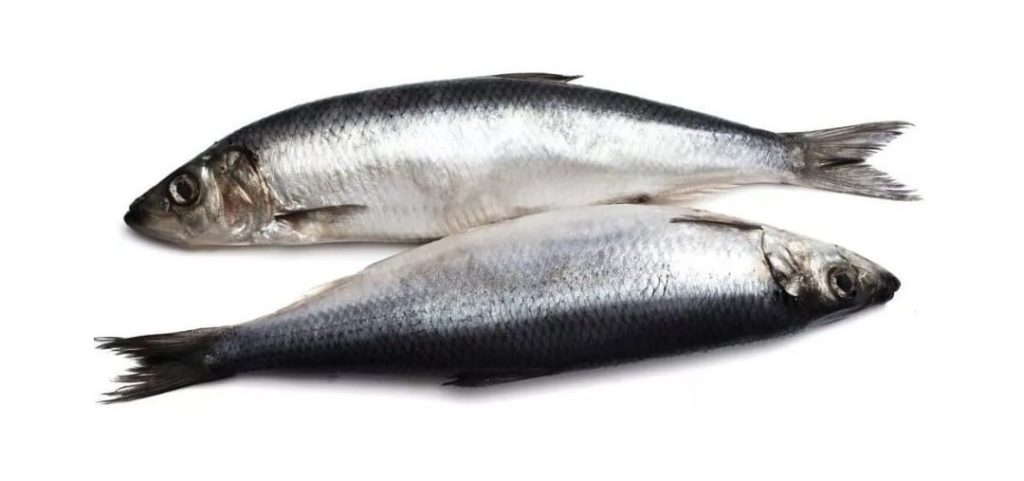
White/black halibut
Vitamin D content per 100 g: 27.4 mg (274% of daily requirement)
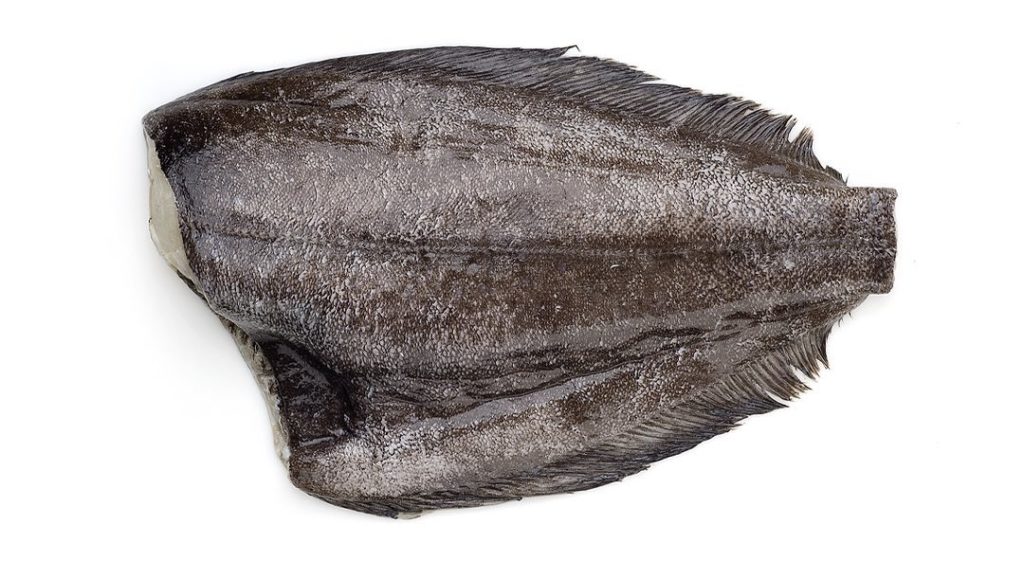
Bonito/black halibut – vitamin D content per 100 g: 27.4 mg (274% of the daily requirement)
Jerk/ carp
Vitamin D content per 100 g: 24.7 mg (247 % of the daily requirement)
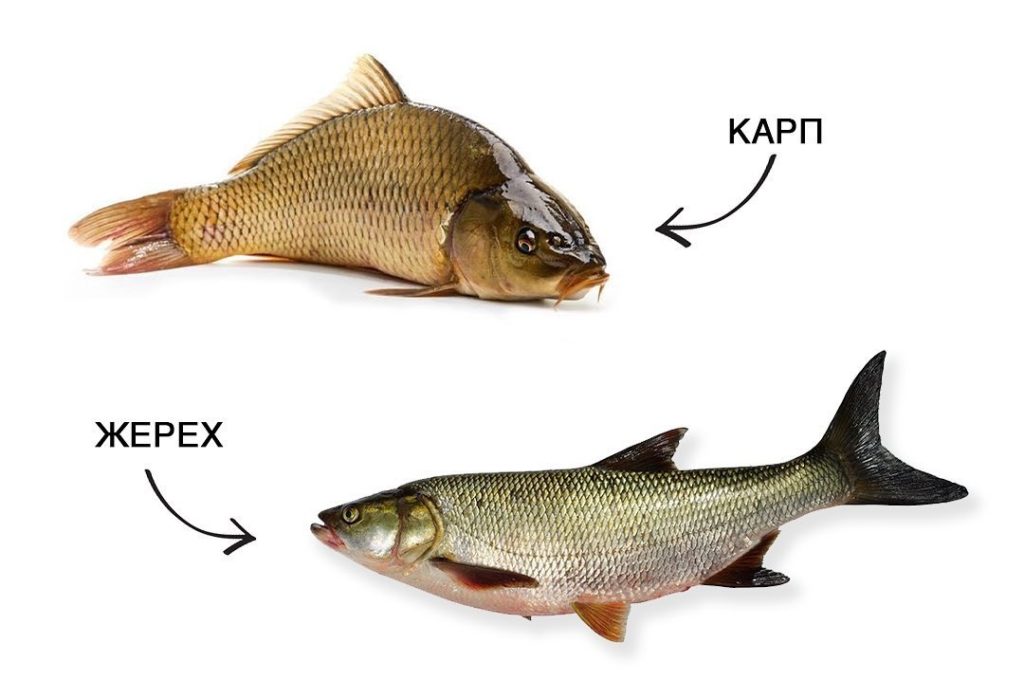
Vitamin D content per 100 g of roach/carp: 24.7 mg (247 % of the daily requirement)
River eel
Vitamin D content per 100 g: 23.3 mg (233% of the daily requirement)
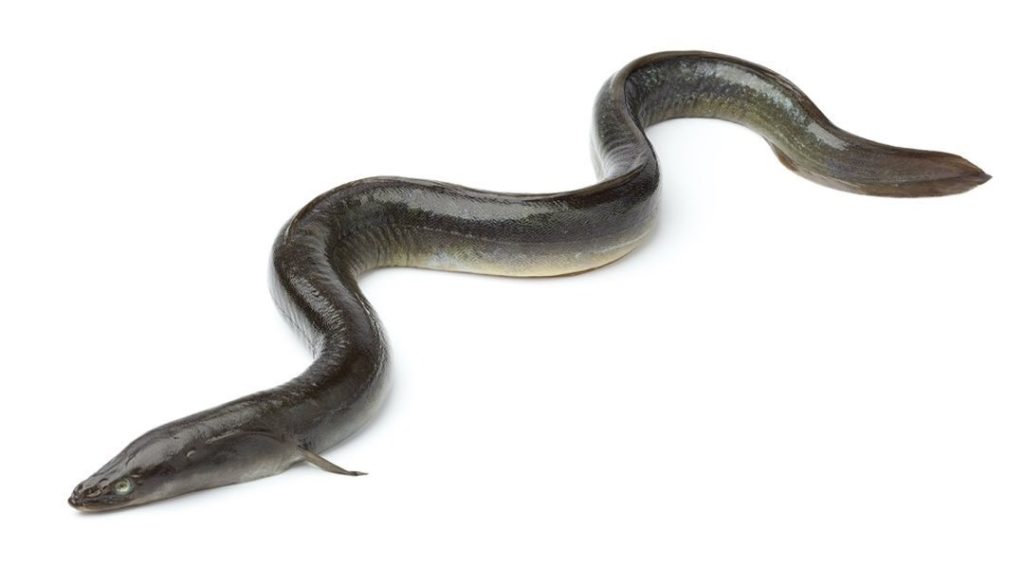
River eel – vitamin D content per 100 g: 23.3 mg (233% of the daily requirement)
Chinook salmon
Vitamin D content per 100 g: 20 mg (200% of the daily requirement)
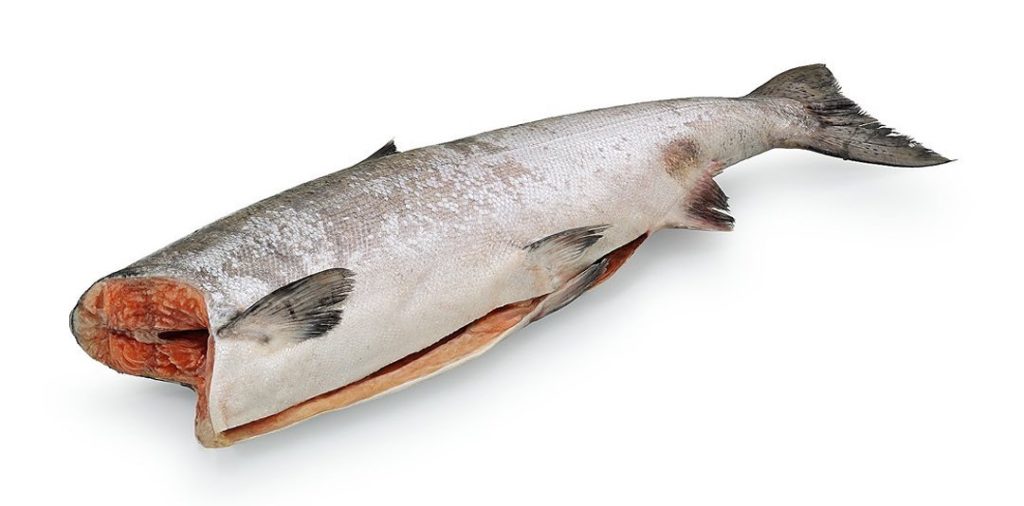
Chinook salmon – vitamin D content per 100 g: 20 mg (200% of the daily requirement)
Notothenia marble
Vitamin D content per 100 g: 17.5 mg (175% of the daily requirement)
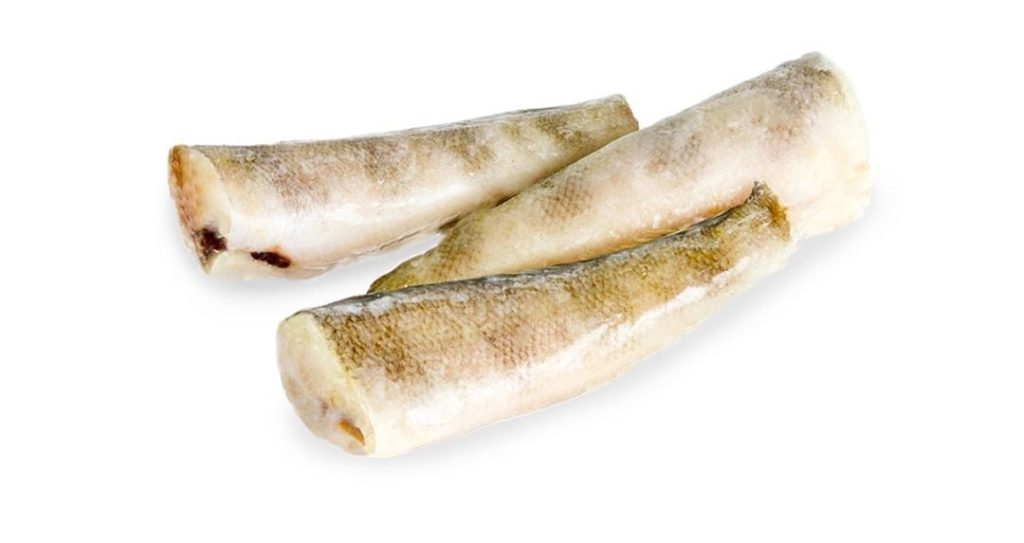
Notothenia marble – vitamin D content per 100 g: 17.5 mg (175% of daily requirement)
Chum salmon
Vitamin D content per 100 g: 17.3 mg (173% of daily requirement)
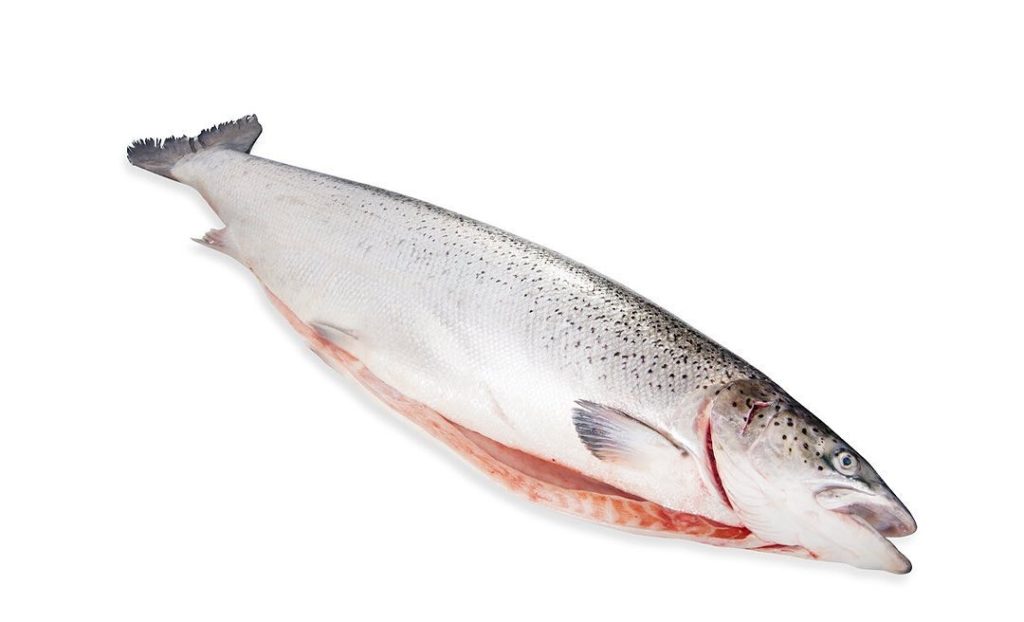
Chum salmon – vitamin D content per 100 g: 17.3 mg (173% of daily requirement)
Although it is preferable to get vitamins from food than from tablets, if your daily diet does not include foods rich in vitamin D, it is possible to make up the deficiency with nutritional supplements. The main thing to remember is that it’s important not to go overboard with this vitamin. Here’s a list of the top three vitamin D supplements you can buy on iHerb, according to labdoor.com, a reputable source for supplements.
